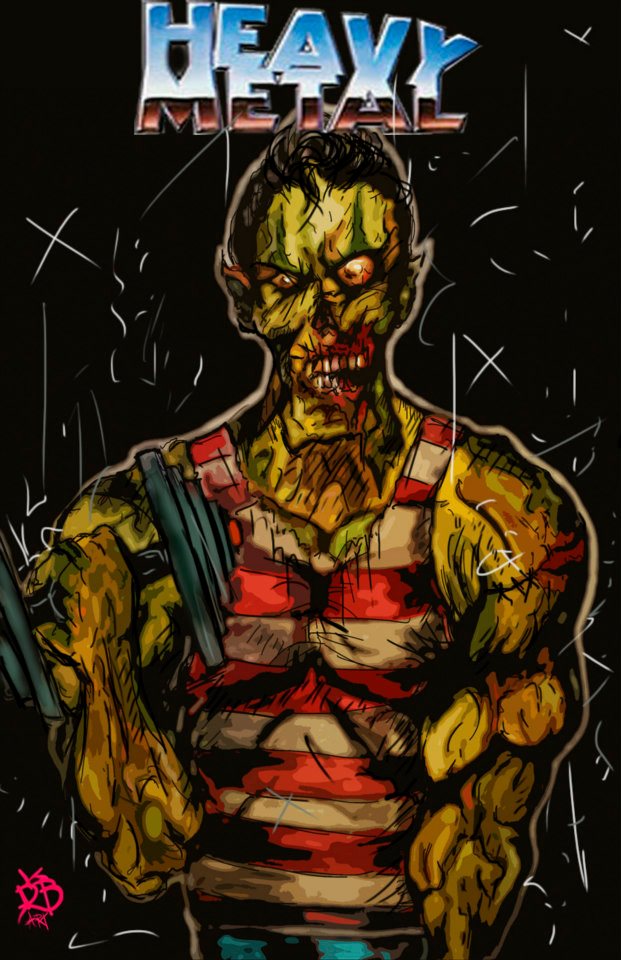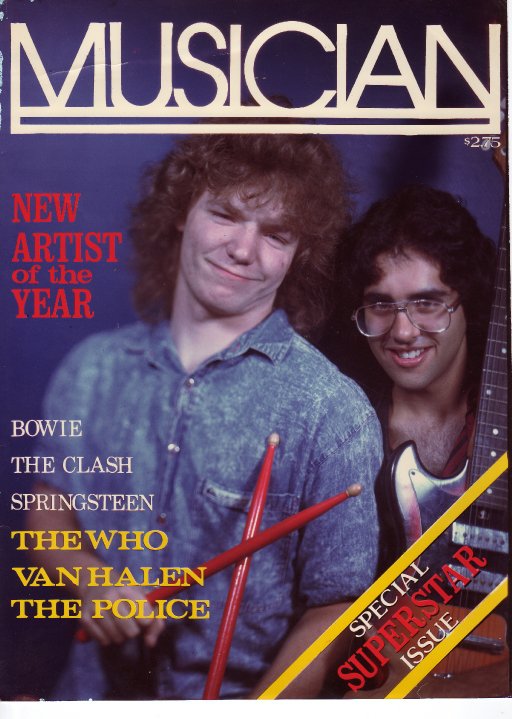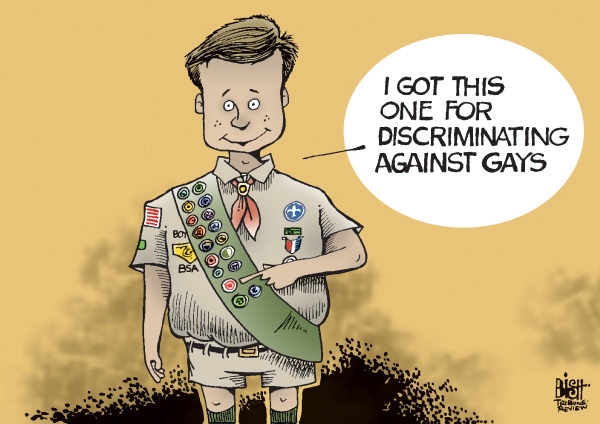I couldn’t let the day go by without acknowledging a grim anniversary. Twenty-nine years ago today, Metallica bassist Cliff Burton was killed when the band’s tour bus flipped over on a lonely road in Sweden.
Mood music:
The band’s first three albums had a huge impact on me.
In fact, Metallica’s “Master of Puppets” album helped me get through my last major attack of Crohn’s Disease.
It might seem bat-shit crazy of me to intertwine these two things, but the fact is that the “Master of Puppets” album DID help me get through that attack. That, and the book “Helter Skelter.” I read that book twice as I lingered on the couch, rising only for the frequent bloody bathroom runs that are the hallmark of Crohn’s flare-ups.
I listened to Master of Puppets nonstop. It tapped right into the anger I was feeling as a 16-year-old still reeling from his brother’s death and under the influence of Prednisone.
I had plans back then. I was going to lose 30 pounds, grow my hair long and find myself a girlfriend. I was going to live a life closer to normal. Not that I knew what normal was back then. As an adult, I’ve learned that normal is a bullshit concept, really. One man’s normal is another man’s insanity.
When the blood reappeared and the abdominal pain got worse, I wasn’t worried about whether I’d live or die or be hospitalized. I was just pissed because it was going to foul up my carefully designed plans.
When I listened to the title track to Master of Puppets, the master was the disease — and the wretched drug used to cool it down.
“The Thing That Should Not Be” was pretty much my entire life at that moment.
I related to “Welcome Home: Sanitarium” because I felt like I was living in one at the time. I was actually lucky about one thing: Unlike the other bad attacks, I wasn’t hospitalized this time.
Though Master of Puppets came out in March 1986, it was that summer when I really started to become obsessed with it. At the end of that summer, the Crohn’s attack struck. The album became the soundtrack for all the vitriol I was feeling.
That fall, as the flare-up was in full rage, Metallica bassist Cliff Burton was killed in that bus accident in Europe. It felt like just another body blow. I found this band in a time of need, and a major part of the music was ripped away.
I recently found a track of “Orion” where Cliff’s bass lines are isolated. It puts my neck hair on end every time I play it.
I haven’t been much of a Metallica fan in recent years. I enjoy some of what they’ve done from the fifth album to now. But the first three albums were special. Especially “Master of Puppets,” which was there when I needed it most.







